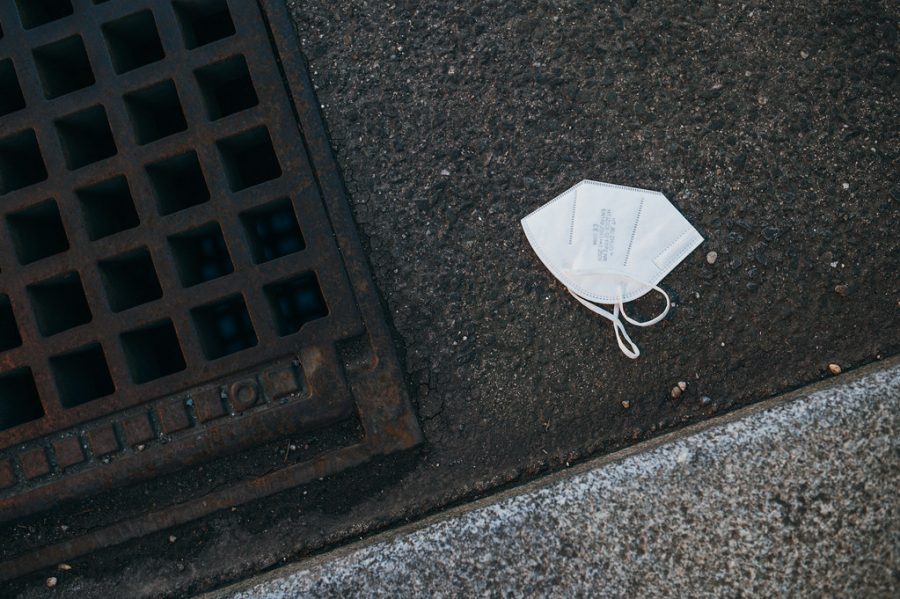COVID-19 keeps causing chaos: The environmental impact of Coronavirus
Photo courtesy of flickr.com
courtesy of flickr.com
It is no secret that the Coronavirus pandemic has been one of the most devastating events to impact society in recent history. With the first reported case coming from Wuhan, China in 2019, COVID-19 proceeded to take the world by storm. In the U.S. alone, the death toll now exceeds 500,000, according to The New York Times.
However, the human population is not the only aspect of our community that has been highly impacted by the virus. The environment all over the world has experienced a plethora of changes, some good and some bad, with the introduction of the pandemic.
Scientists have traced major improvements in our climate to the significant decline in travel, causing greenhouse gas emissions to drop drastically. According to the U.S. National Library of Medicine, the closure of transportation companies and the reduction of aviation was key in decreasing the amount of toxins our human race puts into the air. For example, after the nationwide shutdown was enacted, the United States nitrogen dioxide emissions declined 25.5 percent from previous years.
While the Coronavirus has helped our environment by some means, the global response to the virus has also had detrimental effects to the world around us, specifically regarding the utilization of single-use plastics. WHS Environmental Science Teacher Jeffery Robbins said that even though we’ve lowered the number of greenhouse gases emitted from before the pandemic, “We’re producing a lot more waste in the form of containers and [by] transporting food.” Eating out and having stores deliver goods caused single-use plastic production to skyrocket during the pandemic.
Another detrimental environmental impact was the heavy dependence on disposable masks. While the CDC recommends wearing a mask to prevent the spread of the virus, disposable masks pose a major threat compared to DIY or store-bought reusable ones.
According to ScienceDaily.com, “[People use] 129 billion face masks globally every month; every minute of the day we throw away 3 million face masks. Many end up as potentially toxic micro-and nano plastic or carriers for other toxicants in the environment.”
Also, due to heavy exposure to the virus, hospitals have seen major increases in waste because of the extra precautions frontline workers need to stay safe. According to Wastefreeoceans.org, PPE products like gloves and masks have greatly increased the number of harmful plastics headed to landfills. These products can take upwards of 450 years to biodegrade. It’s also very common for inappropriately discarded masks to enter bodies of water through sewers and rivers, where they are ingested by fish and other sea animals.
WHS junior Ella Johnson said, “I think everyone should wear reusable masks to help the environment as a whole; it will reduce the amount of non-biodegradable material that is left on the Earth to ruin nature and harm wildlife.”
While these problems may seem daunting, there are actions we can take to help our community. A way to combat the negative environmental effects of Covid in the world around us is to wear reusable masks when possible, and, when necessary, make sure all disposable masks end up in proper waste bins.

